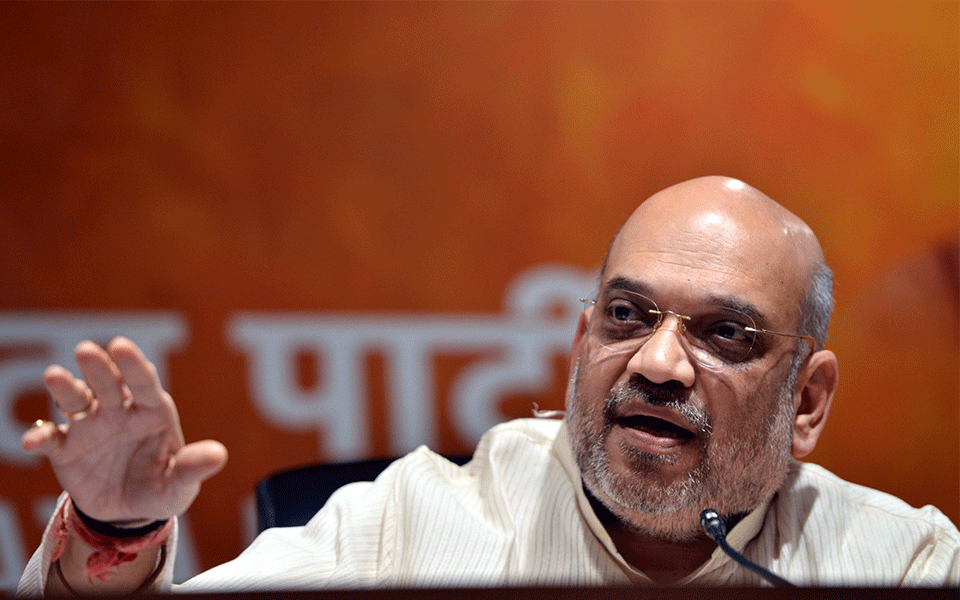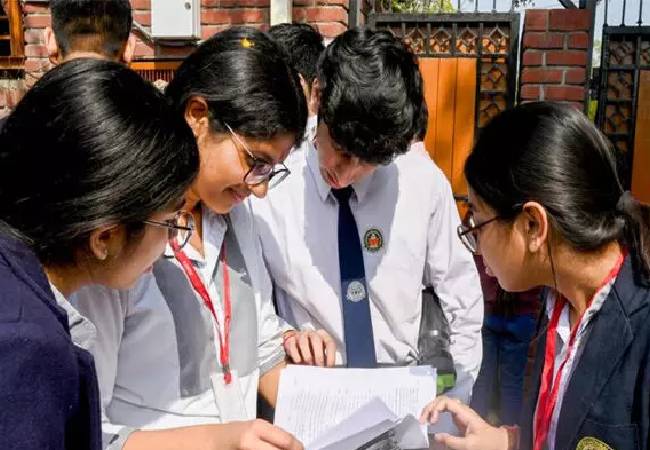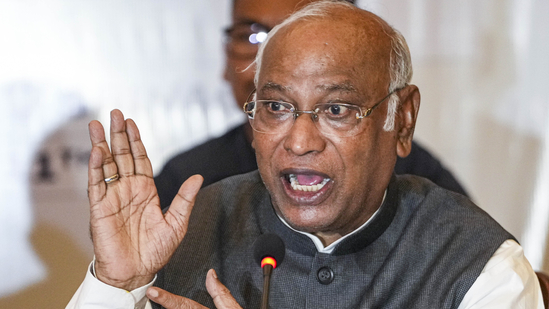New Delhi, May 22: As many as 16,850 villages of 484 districts across the country are getting benefits of seven flagship welfare schemes, including Ujjwala and Saubhagya, of the BJP-led NDA government, BJP President Amit Shah said here on Tuesday.
Addressing a press conference on the achievements of Modi government in last four years, he also said the Narendra Modi-government is working to ensure that benefits of all the seven schemes reaches to all villages before it goes to election in 2019 to seek fresh mandate of the people.
"There is not even a single person who has not been getting the benefits of the seven schemes in these villages. With the efforts of Narendra Modi government, we have been successful in connecting all the houses of these villages with electricity. We have provided every hold with gas connection and benefits of social security schemes. They were all given LED lights and all the children below the age of two are vaccinated," Shah said.
Working on the same line, he said, the government is now aiming to extend the benefit of these seven schemes in new 45,000 villages in 115 districts soon.
"We will try to extend the benefit of these seven schemes to new 45,000 villages having the population of more than 1,000 by August 15. Our aim is to slowly extend these benefit to all the villages in the country.
"The benefit of these schemes were given to all the states in the country apart from Karnataka and West Bengal. They were not included due to elections," he said.
Shah said that the Bharatiya Janata Party between April 14 and May 5 has held the "Gram Swaraj Abhiyan" in over 16,500 villages across the country.
Launched on the occasion of Ambedkar Jayanti, the campaign ensured that the benefit of seven programmes - Pradhan Mantri Ujjwala Yojana, Saubhagya, Ujala scheme, Pradhan Mantri Jan Dhan Yojana, Pradhan Mantri Jeevan Jyoti Bima Yojana, Pradhan Mantri Suraksha Bima Yojana and Mission Indradhanush - reached these 16,850 villages.
During the campaign, a total of 3,68,978 programmes were launched in which over 1 crore people took part, he said while giving a powerpoint presentation over the achievements of the government.
Under the Saubhagya Yojana, more than five lakh households were electrified and under the Ujala scheme over 25 lakh LED bulbs were distributed, while through the Pradhan Mantri Jan Dhan Yojana, bank accounts opened for over 20 lakh people, who were added to the national economy.
About 11 lakh families were given gas connection under the Pradhan Mantri Ujjwala Yojana, he added.
He said that Modi will address a rally at Cuttack on the completion of his government's four years.
Let the Truth be known. If you read VB and like VB, please be a VB Supporter and Help us deliver the Truth to one and all.
New Delhi (PTI): The Central Board of Secondary Education (CBSE) on Tuesday said that it neither announces any merit list in Class 10 and 12 board exam results nor divisions are awarded to students to avoid any unhealthy competition.
The results for the Class 10 and 12 exams of the board were announced on Tuesday.
While over 93 per cent students cleared the Class 10 exams, the pass percentage in class 12 exams stood at 88.39 per cent. Girls outshone boys in both exams.
"As per an earlier decision by the board to avoid unhealthy competition amongst students, no merit list is prepared and declared by CBSE. Also, the board has not awarded first, second and third division to its students," CBSE Examination Controller Sanyam Bhardwaj said.
"The board will issue merit certificates to the top 0.1 pc students who have scored the highest marks in the subjects. The merit certificates will be available in Digi-Locker of the students concerned," Bhardwaj added.
CBSE merit lists were also not announced in 2020 and 2021 because the board adopted an alternate assessment scheme since some or all the papers were cancelled due to COVID-19. The board permanently discontinued the policy in 2022.




